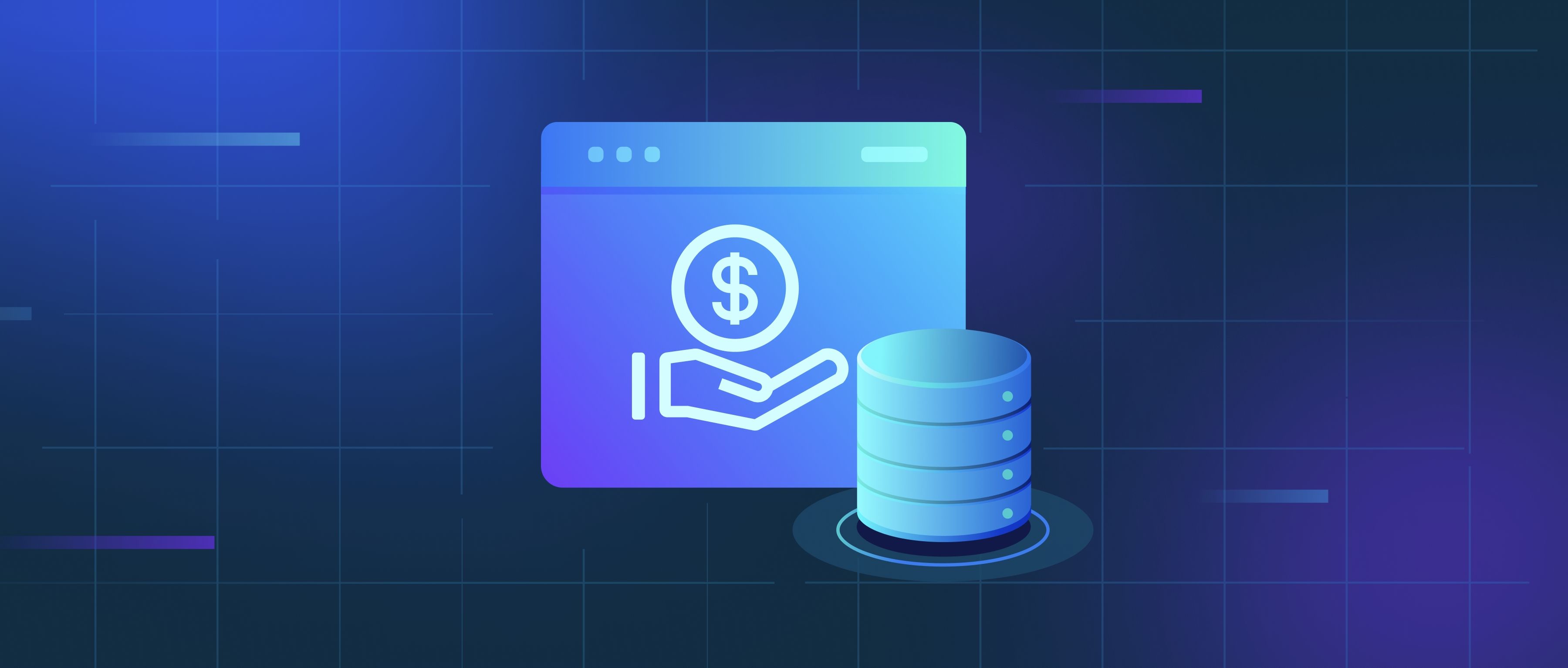OpenAI takes privacy and data security seriously through a combination of strict policies, technology, and adherence to regulations. At the core of their approach is a commitment to not using user data to train their models unless given explicit permission. This means that interactions with their systems can remain confidential and are not automatically collected for future model improvements. Users have control over their data, with options to delete or manage what they share, which reinforces a sense of security and trust.
In terms of technology, OpenAI employs industry-standard security measures to protect data both in transit and at rest. This includes encryption protocols that safeguard data from unauthorized access during communication between users and their systems. Additionally, the infrastructure is designed with strong access controls and regular security audits to identify and mitigate potential vulnerabilities. For instance, they use secure APIs that limit data exposure and ensure that only authorized requests can access sensitive information.
Finally, OpenAI complies with data protection laws such as the General Data Protection Regulation (GDPR) and the California Consumer Privacy Act (CCPA). Such compliance not only reinforces their commitment to privacy but also outlines user rights regarding their personal information, such as the right to access or delete data. By establishing transparent practices and robust security protocols, OpenAI aims to build a reliable environment for developers looking to integrate AI services while ensuring that user privacy is not compromised.
